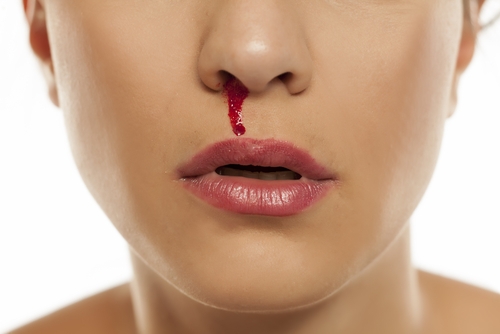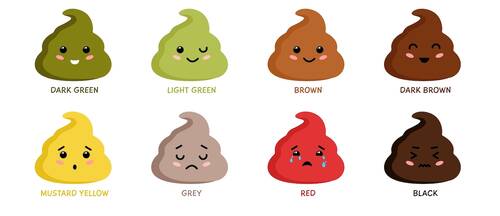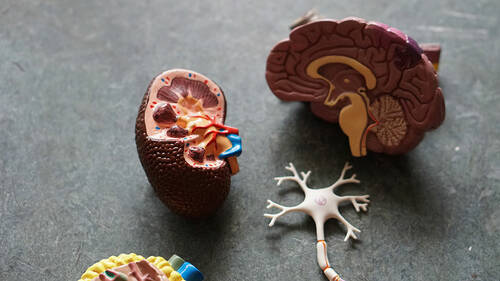Who gets nosebleeds?
Most people will have had a nosebleed at least once in their life. Although, there are some people who are more prone to getting more frequent nosebleeds. They include:
- Young children. they are more prone to discovering allergies as well as sticking fingers and objects up their noses
- Adults aged 45-65. They are more likely to be taking blood-thinning drugs and blood is more likely to take longer to clot
- Pregnant women. Blood vessels in the nose expand when you are pregnant which puts more pressure on blood vessels in the nose
Common causes of nose bleeds include:
- Changes in temperature – dry air or low-humidity
- Picking your nose
- Stress
- Blowing your nose too hard
- Minor injuries to the nose
- High blood pressure and atherosclerosis
- Blood thinning medication (aspirin)
How to stop a nosebleed:
- Firmly pinch just above the nostrils. Using your thumb and index finger, filmly hold the soft part of your nose until the bleed has stopped
- Lean forward. Breathe through your mouth to allow the blood to fully drain from your nose rather than draining from the back of your throat
- Use ice. Place an ice-pack or ice cubes on the bridge of your nose. This helps constrict the blood vessels and increase the chance of stunting the bleeding
- Stay upright to reduce the build-up of blood pressure within the blood vessels in your nose
- Relax. Being nervous can actually cause the bleed to continue. Try to stay calm. Once the bleeding has stopped refrain from blowing your nose. If your nose is blocked, used an over-the-counter decongestant (such as Vicks) in both nostrils before pinching shut for 5-10 minutes. Finish by blowing your nose gently to get rid of blood clots.
If these methods do not work and the bleeding remains persistent, or, you are feeling light-headed or palpitations then you may need further treatment from your GP or local hospital.












